Welcoming address from the Congress Presidents
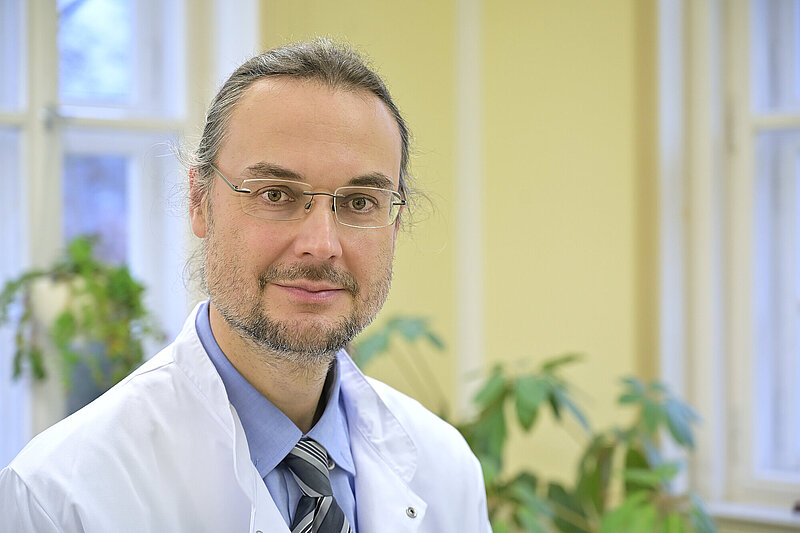
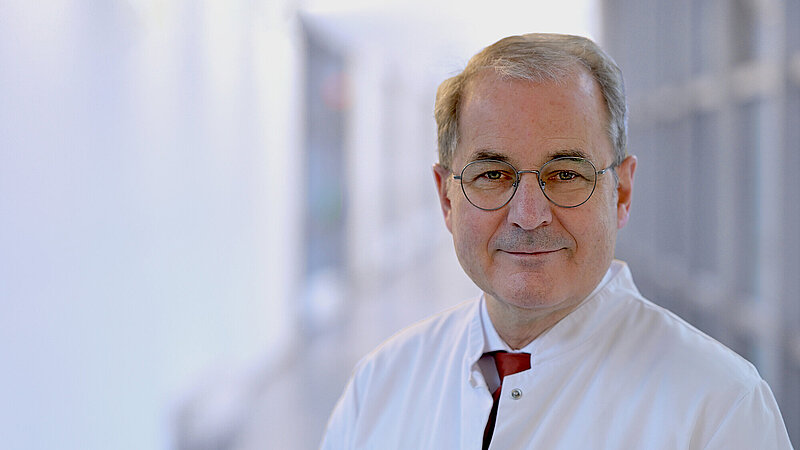
Dear Ladies and Gentlemen,
Dear Colleagues,
Over the past year, much has changed. In many areas of society, we have been able to chart a path back to normality in the first year following major 'waves of infection.' Thanks to worldwide, interconnected efforts, our knowledge of the forms and causes of health impairments following a SARS-CoV-2 infection has advanced significantly, and many therapeutic approaches are currently undergoing clinical trials. It is, therefore, a good time to gather new research findings, critically discuss them from all perspectives, and share important insights about therapies, as well as prevention and rehabilitation, with healthcare providers, patients, and healthcare stakeholders to develop better strategies for future pandemics.
Furthermore, our understanding has solidified that many affected individuals continue to experience persistent symptoms even several years after the onset of their first post-COVID symptoms, greatly affecting their participation in life. These issues impact not only their working lives but also, to a greater extent, our society as a whole, particularly in their private lives. This year, we aim to focus more intensively on these problems. Research and experiences related to integrated care structures are, therefore, in the spotlight, as well as concrete proposals on how to address impairments in the workplace to reintegrate patients and enable them to participate fully in life.
There are still significant and new challenges ahead that require open dialogue, critical exchange, and a meeting of equals among all stakeholders and those affected. We would like to extend a warm invitation to you and would be delighted to welcome you back to Jena for the 2nd Long COVID Congress, following the great success of the first congress with over 2,500 registered participants.
Yours sincerely,
Prof. Dr. Andreas Stallmach
Prof. Dr. Martin Walter
Congress Presidents
Welcoming address from Prof. Otto W. Witte
Medical Director, Jena University Hospital
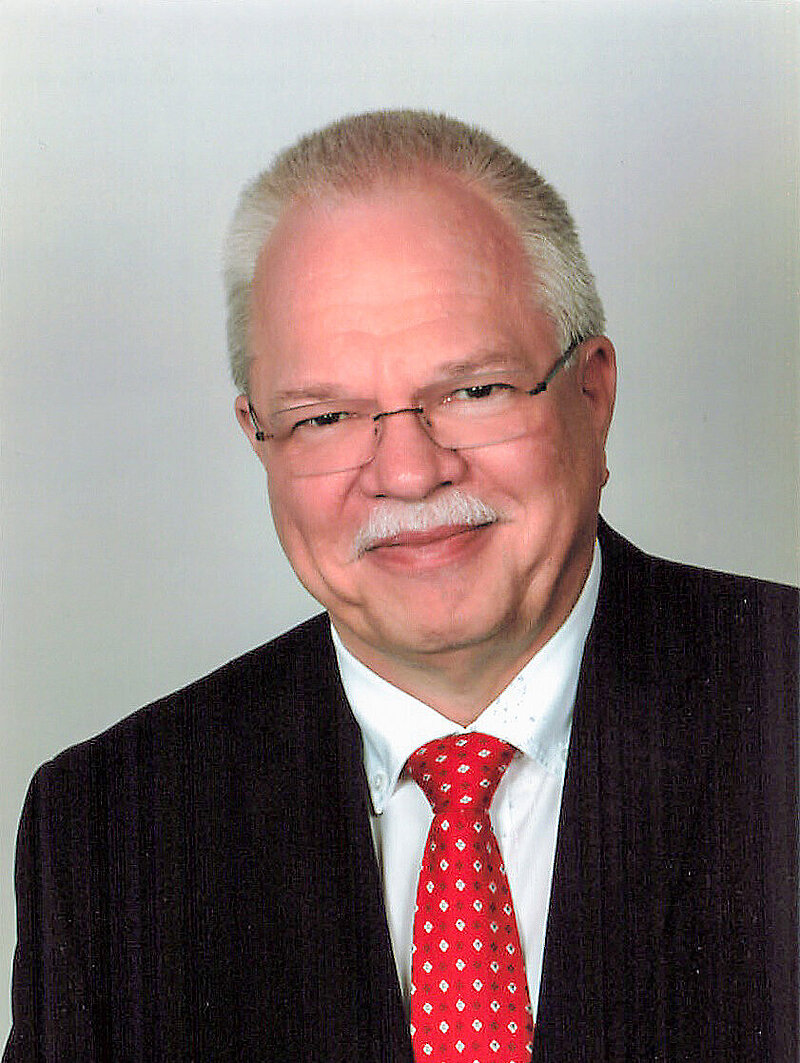
Dear Ladies and Gentlemen
Dear colleagues,
Welcome to the 2nd Long COVID Congress. We look forward to welcoming you to Jena and hope that the varied programme of this symposium will provide you with important impetus for your work.
The coronavirus pandemic is over, SARS-CoV-2 infections are being diagnosed less frequently, but Long COVID continues to present us with challenges. For many patients, life is not the same again after surviving a SARS-CoV-2 infection. They are considered recovered, but feel anything but healthy. Fatigue, cognitive impairment and a wide range of other symptoms limit their quality of life and make it difficult to return to work. Long COVID is a challenge for our healthcare system and our society as a whole.
Following the great success of the 1st Long COVID Congress, new findings from Long COVID research will also be presented and discussed at the 2nd Congress of the Long COVID Medical Association in Jena. The congress will focus on experiences with networked care structures as well as concrete solutions for dealing with impairments in the professional environment.
We look forward to interesting days
Yours
Prof Otto W. Witte
Medical Director, Jena University Hospital
Grußwort von Claudia Ellert
Long COVID Deutschland
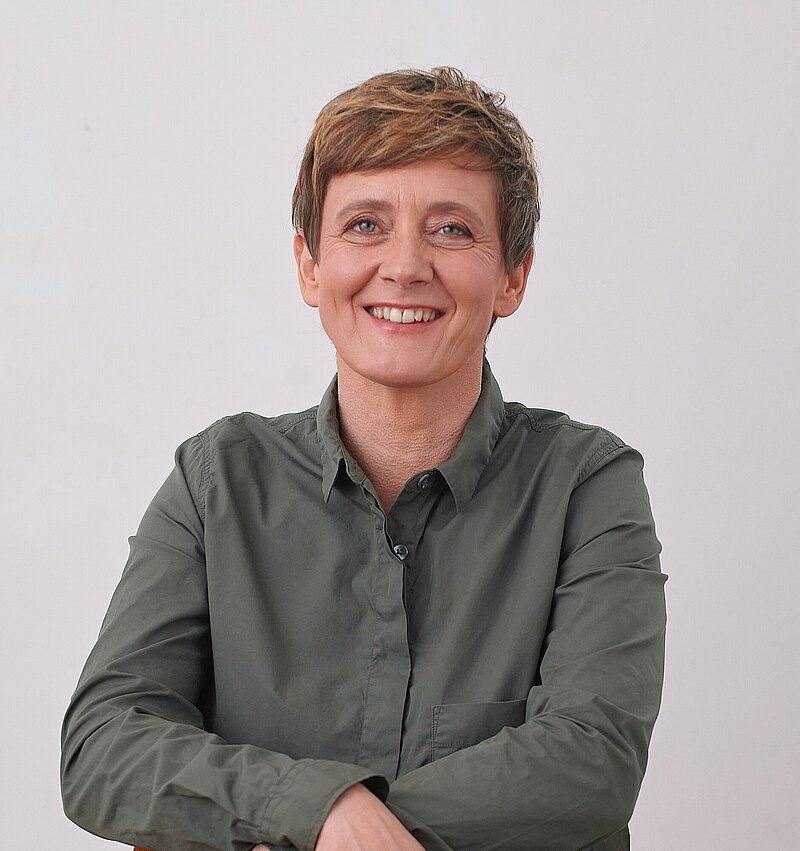
Sehr geehrte Damen und Herren,
liebe Kolleginnen und Kollegen,
knapp vier Jahre nach Beginn der COVID-19 Pandemie stehen wir gesellschaftlich wie wissenschaftlich vor der Herausforderung, die direkten und indirekten Folgen der Pandemie zu bewältigen. Weltweit bestehen intensive Forschungsaktivitäten, um grundlegende Mechanismen postinfektiöser Erkrankungen zu entschlüsseln und geeignete Therapien zu entwickeln.
Auswertungen von Gesundheitsdaten geben international klare Hinweise auf die erhebliche und anhaltende Beanspruchung der Gesundheitsversorgung. Ein Großteil der Belastungen, die wir als Gesellschaft tragen, entstehen aus der teils erheblich eingeschränkten Teilhabe im Berufs- und Sozialleben Erkrankter. Es liegt daher nicht nur im Interesse Betroffener, Teilhabe zu erlangen, es ist ebenso die Verantwortung von uns als sozialer Gemeinschaft, diese zu ermöglichen.
Tagtäglich suchen Betroffene zusammen mit Ärzten und Therapeuten nach geeigneten Wegen, um trotz ihrer gesundheitlichen Einschränkungen am Leben teilhaben zu können. Diese Suche gestaltet sich oft schwierig, nicht selten ist sie von Misserfolgen und Rückschlägen geprägt.
Mit dem Motto „Long COVID in den Lebenswelten“ nimmt der Kongress diese Herausforderungen an und stellt die Bedarfe und die Inklusion von Betroffenen in den Mittelpunkt. Das partizipative Konzept der Veranstaltung verspricht einen intensiven Austausch zu neuesten wissenschaftlichen Erkenntnissen aber auch zu spezifischen Anforderungen an Versorgungstrukturen unter Berücksichtigung patientenberichteter Erfolgsparameter.
Long COVID Deutschland freut sich, in diesem Jahr erneut Ausrichter des Betroffenensymposiums zu sein. Dieses soll Fokusthemen aus Experten- und Betroffenensicht beleuchten und insbesondere die Möglichkeit zum Dialog geben.
Persönlich bin ich neben neuesten wissenschaftlichen Erkenntnissen gespannt auf die persönlichen Gespräche, die Vielfalt an Ideen und den konstruktiven Geist, die die Veranstaltung im vergangenen Jahr geprägt und so erfolgreich gemacht haben.
Ihre
Claudia Ellert
Long COVID Deutschland
Welcoming address from Bodo Ramelow
Minister President of the Free State of Thuringia
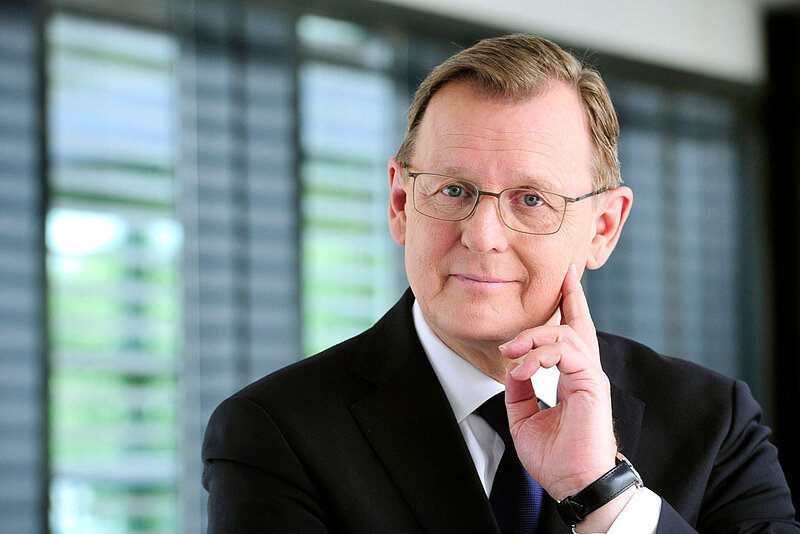
Dear Ladies and Gentlemen,
The SARS-CoV-2 pandemic and the associated illnesses have posed significant challenges to our society. The pandemic is now behind us, but there are consequences that once again confront us seriously with the virus. Long COVID is the subject of intense research. Nevertheless, many questions remain unanswered, including the precise disease mechanisms underlying Long COVID, how the condition manifests, and what early warning signs there are.
The suffering of those affected is profound. Many symptoms significantly reduce the quality of life, and Long COVID affects a large number of people. Therefore, I am pleased to take on the patronage for the 2nd Long COVID Congress in Jena in 2023. I would like to thank the University Hospital Jena, which is pioneering the research of this relatively new medical condition.
There also needs to be a shift in the workplace. We should not and cannot leave motivated employees alone with this illness. Therefore, I warmly welcome the fact that the 2nd Long COVID Congress is dedicated to the social impact on those affected, as well as their therapy and rehabilitation. Moreover, considering the increasing shortage of skilled workers, it is in the interest of society as a whole not to have to give up those affected by Long COVID in the working world.
Yours sincerely, Bodo Ramelow
Minister President of the Free State of Thuringia
Welcoming address by Prof Dr Karl Lauterbach
Federal Minister of Health
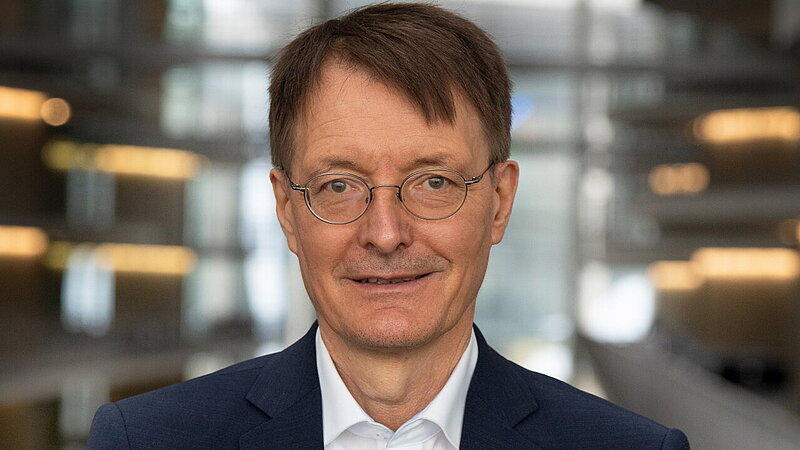
For most people in the country, SARS-CoV-2 has now lost its biggest scare. Many may not even remember that infection control measures were still in place in the spring of this year. For people affected by Long COVID, however, the pandemic is anything but over.
For many, normal everyday life at work and at home is out of the question. The range of symptoms suffered by those affected is very broad - but all those affected agree on one thing: they all want to receive the best possible medical care as quickly as possible.
One thing is clear to me: we must not and we will not abandon people suffering from long COVID.n.
In recent years, we have been able to make some progress in researching the disease. We are seeing more and more clearly how Long COVID works. These findings must now be implemented in the development of drugs and the further development of targeted therapies.
The Federal Ministry of Health is doing all it can to support the relevant healthcare research. A funding priority is currently being set up for healthcare-related research into long COVID. We will also improve access to medicines that are used in off-label therapy. To this end, we have set up an expert commission at the Federal Institute for Drugs and Medical Devices.
The congress of the Long COVID Medical Association is an important forum for discussing the latest findings in the treatment of Long COVID. I am very pleased to have taken over the patronage again and wish you all a good exchange!
Prof. Dr. Karl Lauterbach
Federal Minister of Health
Member of the German Bundestag
